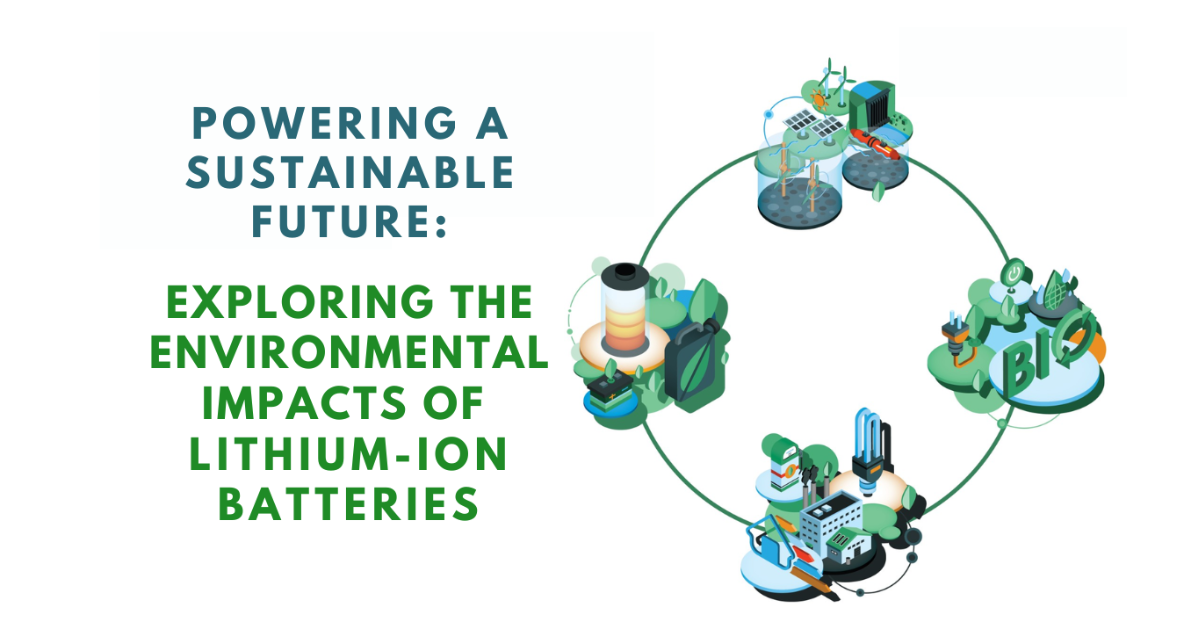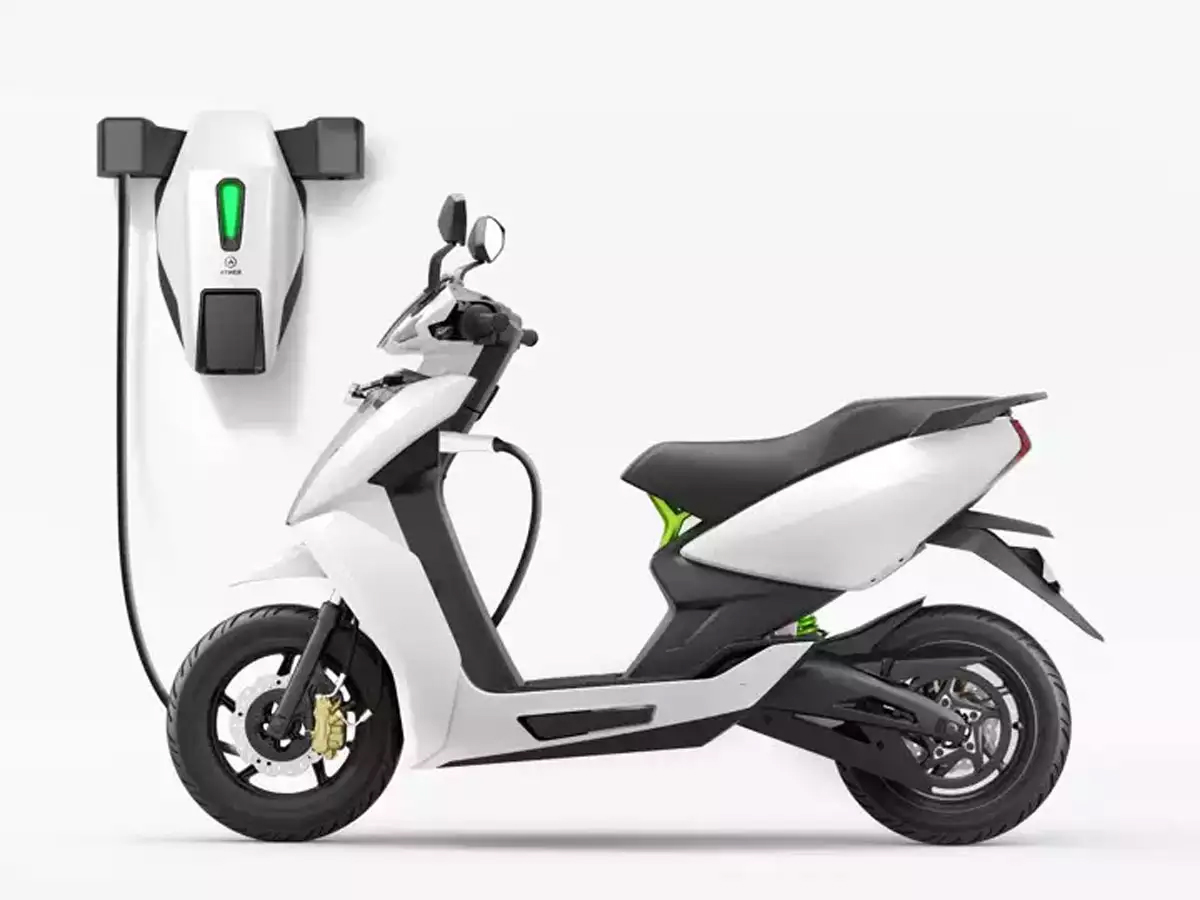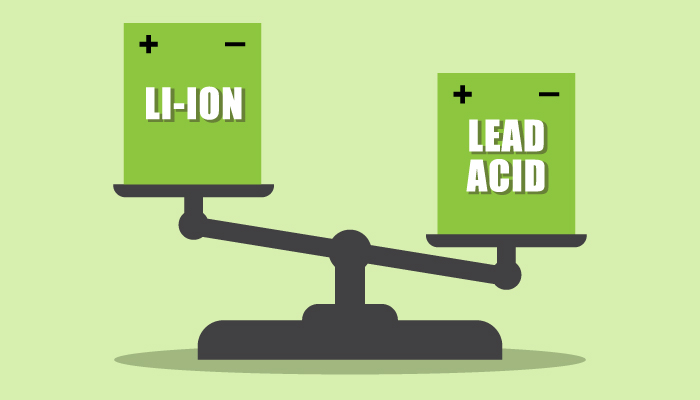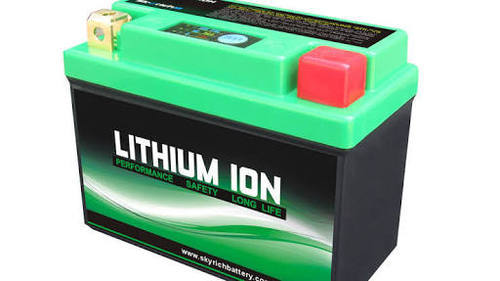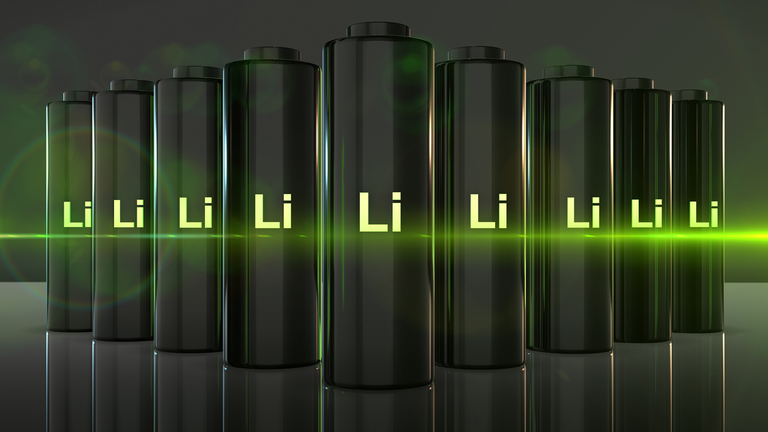As the world embraces sustainable energy solutions, lithium-ion batteries have emerged as a driving force, revolutionizing various sectors. These advanced batteries not only offer exceptional performance but also have positive environmental impacts. In this blog, we will dive into the green advantages of lithium-ion batteries. Join us on this enlightening journey as we explore how these batteries are paving the way for a cleaner, greener future.
1.Enabling Renewable Energy Integration:
Lithium-ion batteries play a crucial role in the integration of renewable energy sources. By efficiently storing excess energy generated from renewable sources like solar and wind, lithium-ion batteries enable a reliable and sustainable power supply. This reduces our reliance on fossil fuels, mitigates greenhouse gas emissions and helps combat climate change.
2.Extending Battery Lifespan and Reducing Waste:
Compared to traditional battery technologies, lithium-ion batteries have a longer lifespan, resulting in fewer battery replacements. This not only saves costs but also minimizes waste generation. Manufacturers like Akira Batteries prioritize the development of durable and long-lasting lithium-ion batteries, ensuring a reduced environmental footprint throughout the product’s lifecycle.
3.Promoting Sustainable Material Recycling:
Lithium-ion batteries are recyclable, allowing for the recovery of valuable materials such as lithium, cobalt and nickel. Akira Batteries takes an active role in promoting battery recycling initiatives. By implementing efficient recycling processes and partnering with recycling facilities, they ensure the responsible disposal and recovery of battery materials. This reduces the demand for virgin resources, minimizes environmental impacts associated with raw material extraction and creates a more sustainable supply chain for lithium-ion batteries.
4.Driving Electric Mobility and Emission Reduction :
Lithium-ion batteries are driving the electrification of transportation, leading to reduced greenhouse gas emissions and improved air quality. Electric Vehicles (EVs) equipped with lithium-ion batteries offer a cleaner and more sustainable alternative to traditional combustion engine vehicles. As a leading lithium-ion battery manufacturer in India, Akira Batteries plays a vital role in supporting this green transition. With their high-performance EV batteries, Akira Batteries contributes to the reduction of carbon emissions and the creation of a more sustainable transportation ecosystem.
Akira’s Commitment to Sustainability
Akira, as a prominent lithium-ion battery manufacturer in India, is dedicated to driving sustainability and environmental responsibility. Through their cutting-edge technologies and innovative solutions, they actively contribute to a greener future. By prioritizing renewable energy integration, extending battery lifespan, promoting material recycling and supporting electric mobility, Akira Batteries showcases their commitment to sustainable practices. With their range of eco-friendly lithium-ion batteries, including EV batteries, solar batteries and Energy Storage Systems (ESS), they empower individuals and businesses to embrace clean energy solutions for a more sustainable planet.
We can conclude, Lithium-ion batteries are transforming various sectors and driving a sustainable future. They enable renewable energy integration, reducing reliance on fossil fuels and combating climate change. With longer lifespans, they minimize waste generation. These batteries are also recyclable, promoting responsible disposal and material recovery. Powering the electric mobility they play an important role in reducing emissions. And in this path towards sustainability, Akira, as a leading lithium ion battery manufacturer, is playing a crucial role by providing premium lithium n batteries for different uses.
